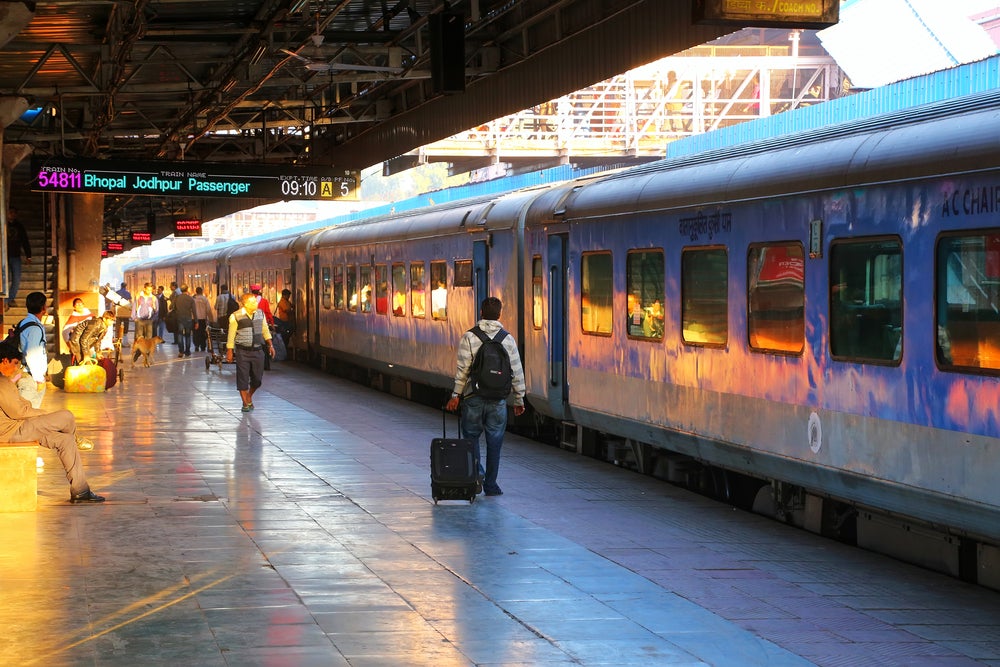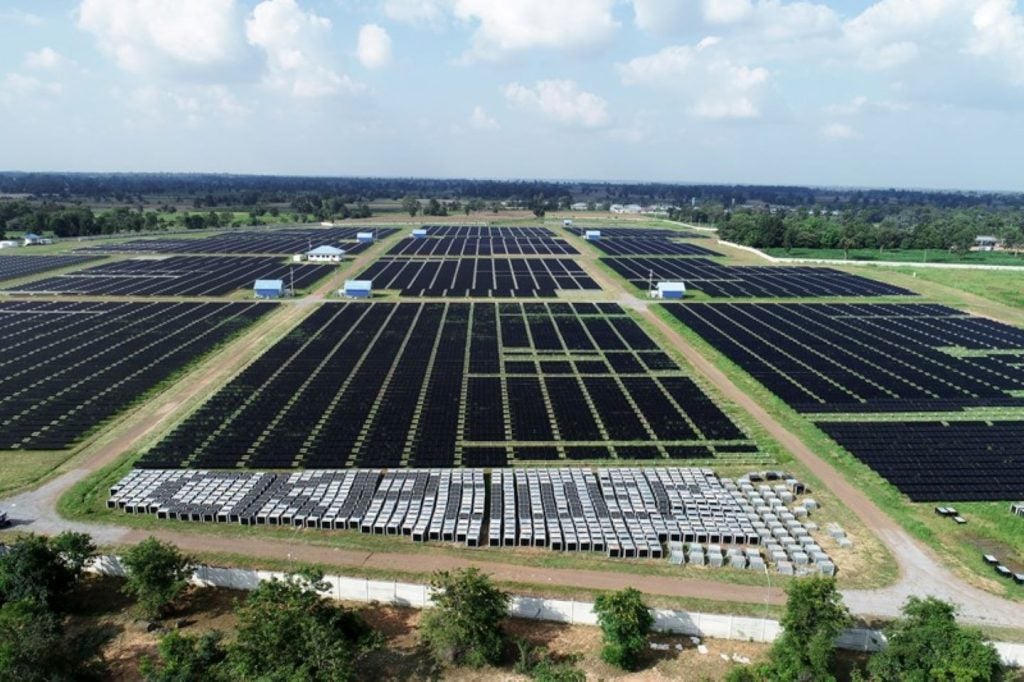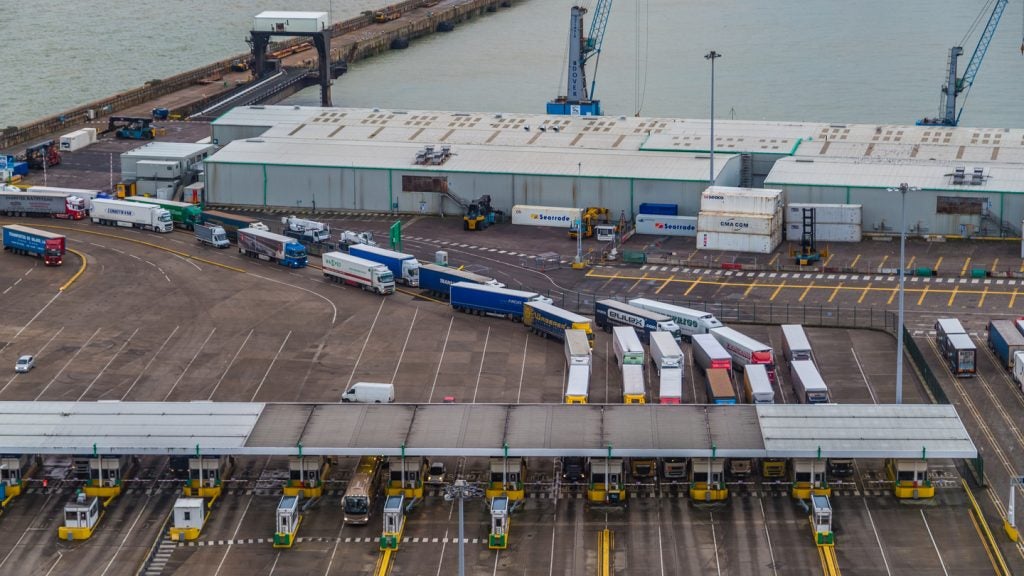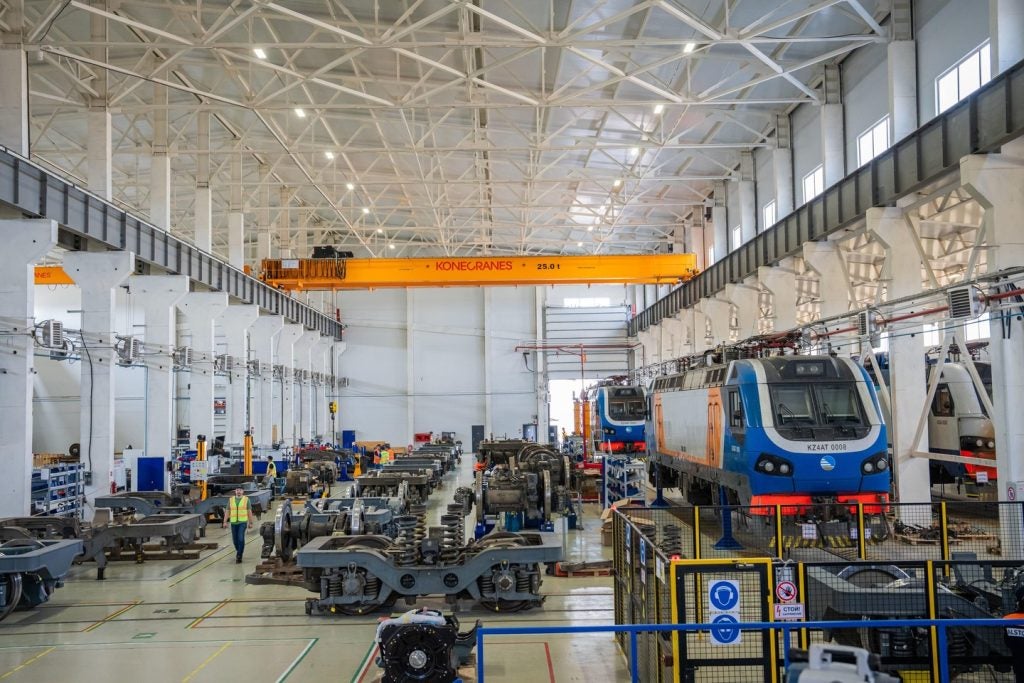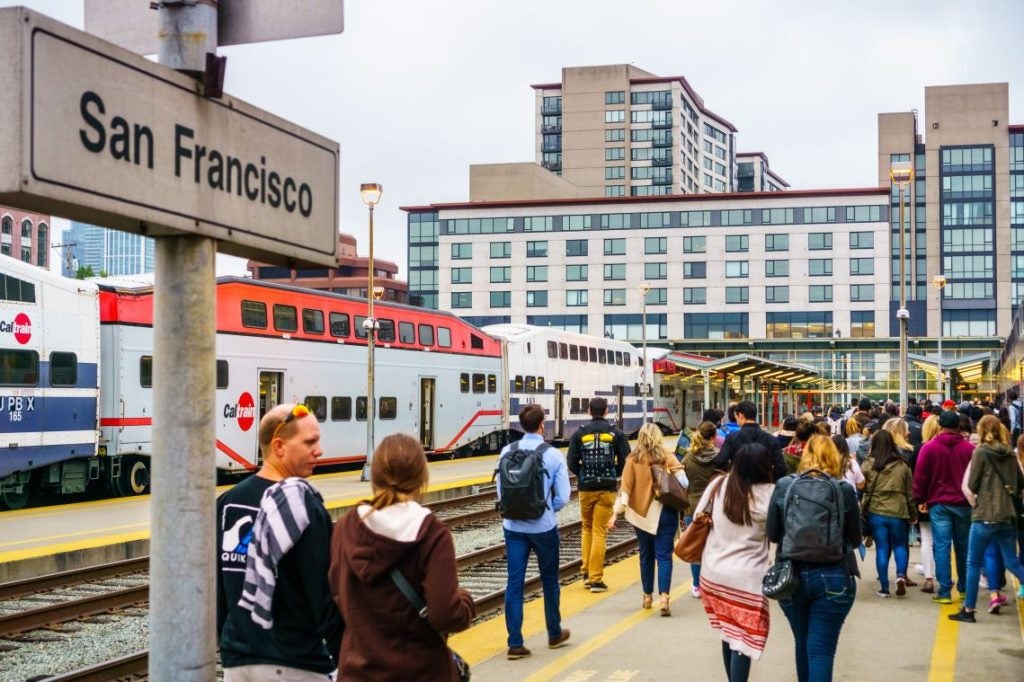The Amrit Bharat Stations Scheme (ABSS) is set to rebuild and renew more than 1,000 train stations across India, according to Prime Minister Narendra Modi, in a nationwide programme worth nearly Rs250bn ($3bn).
Although the plan was announced by the national Ministry of Railways earlier in the year, Modi’s speech (delivered by video link) at the ceremony to mark the beginning of work on 13 stations in the New Delhi National Capital Region caught widespread attention across India.
The full redevelopment of Indian Railways (IR) stations across 27 states and regions will cost Rs244.7bn. While the ABSS plan will cover 1,309 stations, the Economic Times of India notes that the 3.5-billion passenger network consists of more than 7,000 stations and 13,000 daily train services.
The plan is to update the stations with modern passenger amenities including intermodal network connections.
Many stations will also be designed with the local areas and history in mind. The Jaipur Railway Station will feature elements resembling the Hawa Mahal and Amer Fort from Rajasthan, for instance, according to IR plans.
However, the main aim of the plan is to properly modernise both passenger facilities and operational facilities across the network.
Waiting rooms, wi-fi and sufficient toilet space are high on IR’ list of priorities. Net zero is also on the horizon, so the station upgrades will be built with the environment and low-emission aims in mind.
Upgrades will also feature on the operational side, with many platforms being extended to an average length of 600m.
The Indian railway network is one of the largest and oldest in operation globally. IR is the second-largest system managed by a single entity around the world, and with169 years of service, it is among the longest-serving, coming just two years after the first Moscow–St Petersburg line in Russia and a year after Africa’s first line in Alexandria, Egypt.


